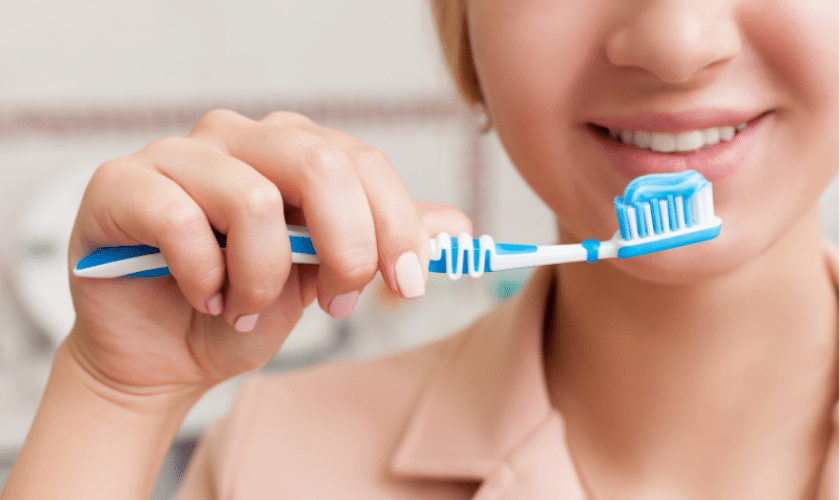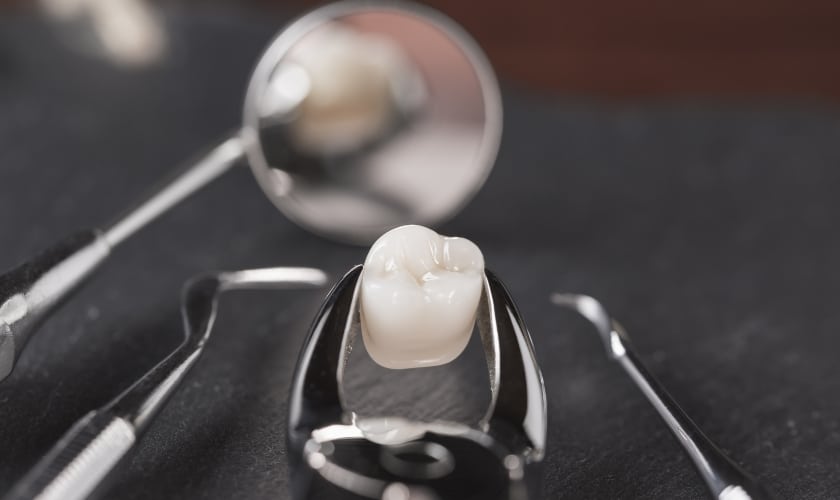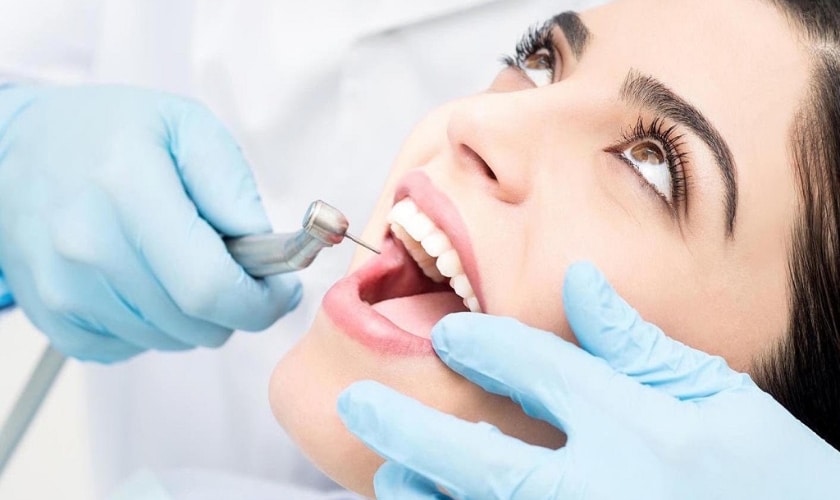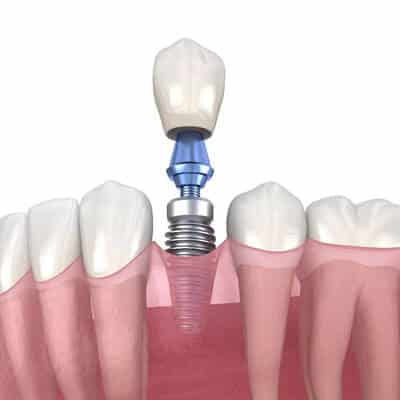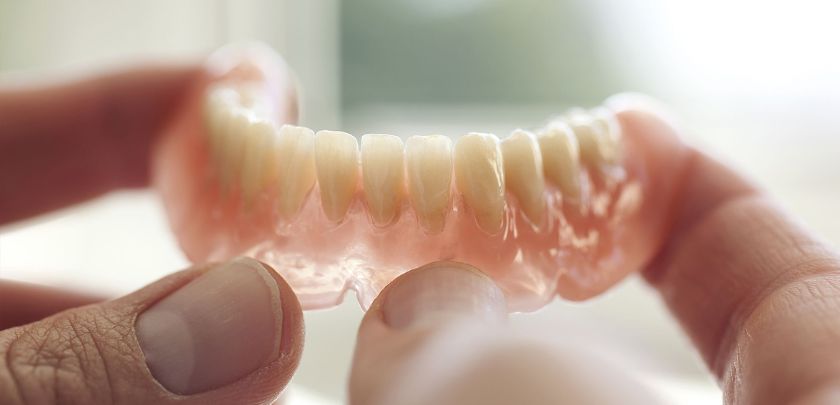
Are you considering getting dental work done but unsure whether to opt for fixed or removable teeth? It’s a common dilemma faced by many people looking to improve their smile. While both types have advantages and disadvantages, it ultimately comes down to personal preference and individual circumstances. In this comprehensive comparison, we’ll explore the pros and cons of fixed vs. removable teeth so that you can decide which type is right for you. So please sit back, grab a cup of coffee, and let’s dive in!
What are the Different Types of Teeth?
There are two main types of teeth- fixed vs removable. Fixed teeth are permanent and don’t move around. Removable teeth come in various styles, including natural-looking teeth, veneers, and implants. Here’s a closer look at each type:
Fixed Teeth: Fixed teeth are the most common type and are typically straight or slightly curved. They’re made of either metal or plastic and can last up to 10 years without needing replacement.
Removable Teeth: Removable teeth come in various styles, including natural-looking teeth, veneers, and implants. Veneers are thin sheets of porcelain that fit over your existing tooth structure like a cap. Implants are small pieces of titanium that are surgically inserted into the jawbone to replace lost teeth.
Read further to know which one among Fixed Vs. Removable Teeth is right for you.
What are the Advantages of Fixed Teeth?
Fixed teeth offer many advantages over removable teeth. Here are a few of the most important:
1. They’re More Secure: Fixed teeth are more secure than removable teeth because they’re less likely to move or fall out. It is especially important for children, who may be more prone to tooth loss if their teeth come loose.
2. They’re Harder to Damage: Fixed teeth are harder to damage than removable teeth because they don’t have any movable parts. So if your child accidentally bites his fixed tooth and it starts to break, he won’t be able to extract it without professional help.
3. They’re Less Likely to Get Infected: Fixed teeth are less likely to get infected than removable teeth because bacteria can’t enter and cause infection. It is especially important for children, who are more likely to get cavities if their tooth gets infected.
4. They Last Longer: Fixed teeth last longer than removable teeth because they don’t require regular dental care (such as brushing and flossing). It means you’ll save money in the long run since you won’t have to spend money on dental care every month or year.
What are the Disadvantages of Fixed Teeth?
There are a few disadvantages to having fixed teeth. For one, they can be more difficult to clean. Additionally, if you lose them or have them removed, you will need to find an alternate way of eating or drinking. If your teeth are fixed and decay, the decay process will spread more quickly through them than if they were removable.
What are the Advantages of Removable Teeth?
The advantages of removable teeth over fixed teeth can vary depending on the individual, but generally speaking, they include the following:
1. More Freedom. With removable teeth, you can eat whatever you want without worrying about your teeth falling out.
2. Easier Maintenance. Removable teeth are easier to maintain than fixed ones because they’re not permanently attached to your jawbone and can be replaced when they wear down or become damaged.
3. More Options for Dental Work. With removable teeth, you have more options for dental work, such as dental implants or cosmetic dentistry procedures.
4. Greater Appearance Customization. With removable teeth, you have a greater degree of customization in terms of how your smile looks, which is beneficial if you’re unhappy with how your current smile looks or want to change it up occasionally.
What are the Disadvantages of Removable Teeth?
There are a few disadvantages to removable teeth. For one, they may feel more comfortable for some people but can be more difficult to keep clean. Additionally, if a tooth falls out or is damaged, it can require surgery to replace it. Finally, if someone loses all their teeth, they may have difficulty eating effectively and need special diets or appliances to avoid malnutrition.
Which Type of Tooth is Fixed Vs. Removable should you consider?
If you’re considering replacing a tooth, there are two main types of teeth to choose from – fixed and removable. Fixed teeth remain in your mouth permanently, while removable teeth can be removed and replaced with new ones when needed.
Here’s a breakdown of the pros and cons of each option:
Fixed Teeth Pros:
-They last longer than removable teeth, typically lasting between 10 and 15 years.
-They’re more secure than removable teeth, preventing them from being knocked out or lost between dental visits.
-They’re less likely to require braces or other corrective measures down the road.
-They’re more expensive than removable teeth, but their longer lifespan often offsets this.
Fixed Teeth Cons:
-They may be less comfortable over time as they get more difficult to move around in your mouth.
-If you have any problems with your fixed teeth – for example, if they become infected or decay – it can be not easy to get them fixed or repaired.
-Some people find that fixed teeth don’t look as good as removable teeth once they’ve worn away.
Removable Teeth Pros:
-They’re easy to replace – remove them when you want a new one installed.
-They look better than fixed teeth over time as the natural minerals in your saliva wear away the enamel and make your tooth appear brighter and newer.
Removable Teeth Cons:
-can increase the build-up of plaque around the abutment teeth which can lead to tooth decay (caries) and gum disease.



